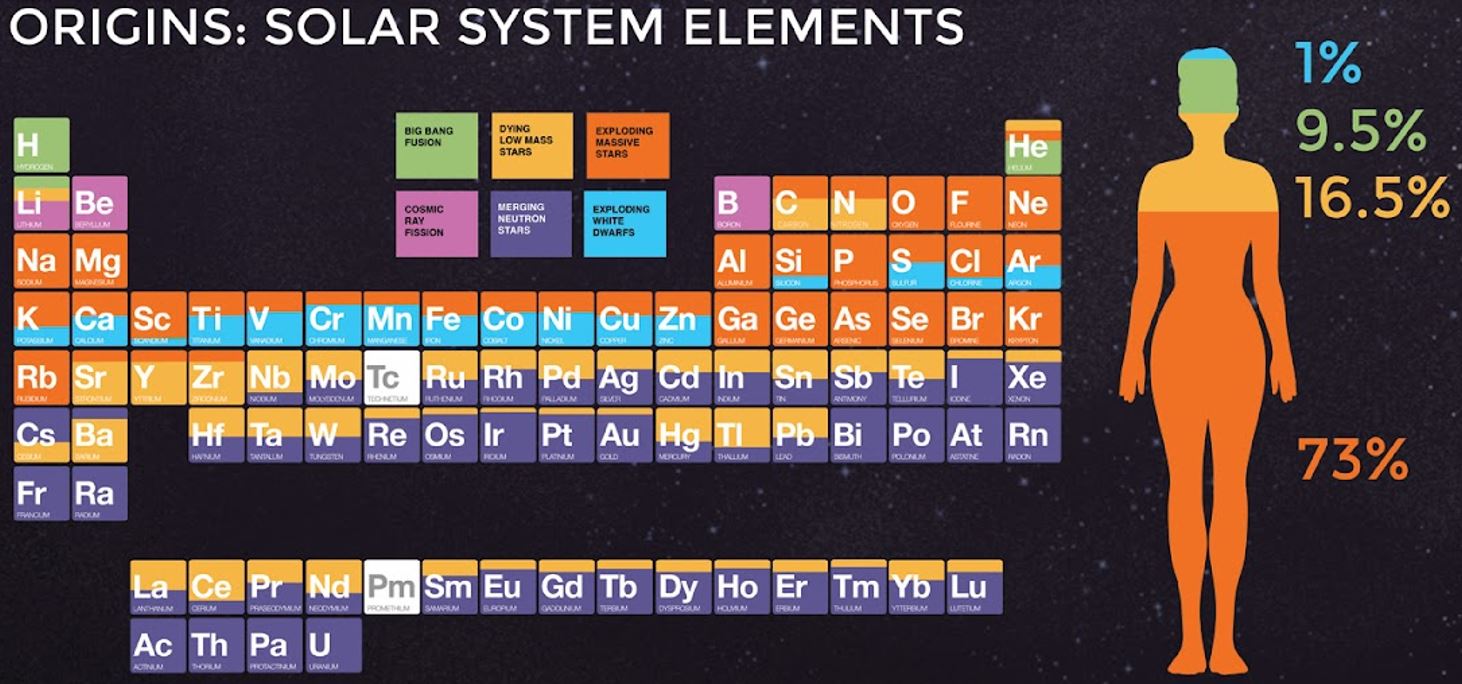Sex on the Web
Despite popular outrage over the accessibility of porn on the Net, psychologist Dr. Terri Apter says it does not demonstrably affect the behavior of those who view it. “Type into google any common female name, or the name of a sweet (such as a lollipop) or a flower (a blue orchid, say) and up will come links to websites that open on to a disturbing new world – a world of extreme pornography that includes images of child rape and other acts of sexual torture. But these are not sites restricted to private systems requiring credit-card payments or age verification; indeed, they are easily accessible by children. It is now estimated that 12 per cent of our five- to seven-year-olds and 16 per cent of eight- to 17-year-olds have unintentionally stumbled on to some of the estimated 250 million pages of pornography on the internet, while 38 per cent of older teens admit to seeking out such sites. And what they find is a far cry from the ‘top shelf’ magazines their parents might have stashed under their mattresses when they were teens.”




